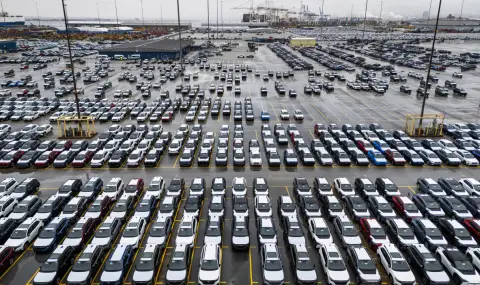The negative impact on the global automotive industry due to the tariff policy of US President Donald Trump will be comparable in scale to the consequences of the global financial crisis of 2008 and the crisis caused by the COVID-19 pandemic in 2020. This forecast was presented by the Financial Times (FT), based on data from the heads of automakers.
As noted by a senior manager of one of the automotive companies, who requested anonymity, the crisis could be even deeper than those that have occurred so far since the beginning of the century. “I believe this vicious circle will start in the summer“, he noted.
Until recently, industry leaders have tried not to publicly criticize Trump's policies, hoping that they and their country's leaders will be able to reach a favorable deal with Washington. Now, many of them believe that the negotiations are reaching an impasse and are starting to speak out more actively. According to the chairman of the board of Stellantis (Chrysler and Jeep brands) John Elkann, not only the European or Asian auto industry will suffer from the tariffs, but also the American one, which Trump is protecting. “That would be a tragedy, because auto manufacturing is a source of jobs, innovation, strong communities“, he added.
The auto industry has become one of the main beneficiaries of the globalization of production and the formation of international supply chains. At the same time, companies such as Volkswagen, Toyota, Hyundai and General Motors have turned out to be heavily dependent on both the American and Chinese auto markets. Now both countries are becoming major players in a trade war that has put the auto industry in the crossfire. According to Stefan Borgas, CEO of major automotive materials supplier RHI Magnesita, automakers will have to change their established supply chains and adapt them to take into account tariff policies. At the same time, Borgas believes that carmakers from the EU, the US and China must do this in cooperation with each other to minimize the consequences of Trump's policies.
